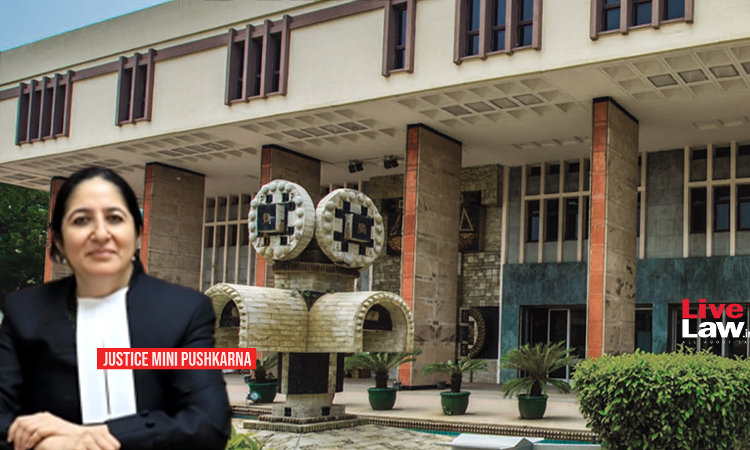Disobedience Of Interim Measures Due To Insolvency Proceedings Is Not Contempt: Delhi High Court
Rajesh Kumar
17 July 2024 8:30 PM IST

Next Story
17 July 2024 8:30 PM IST
The Delhi High Court bench of Justice Mini Pushkarna has held that disobedience of interim measures granted under Section 9 of the Arbitration and Conciliation Act, 1996 due to insolvency proceedings does not warrant contempt charges. The bench held that if the disobedience results from circumstances beyond the contemnor's control, such as financial constraints or ongoing disputes...
